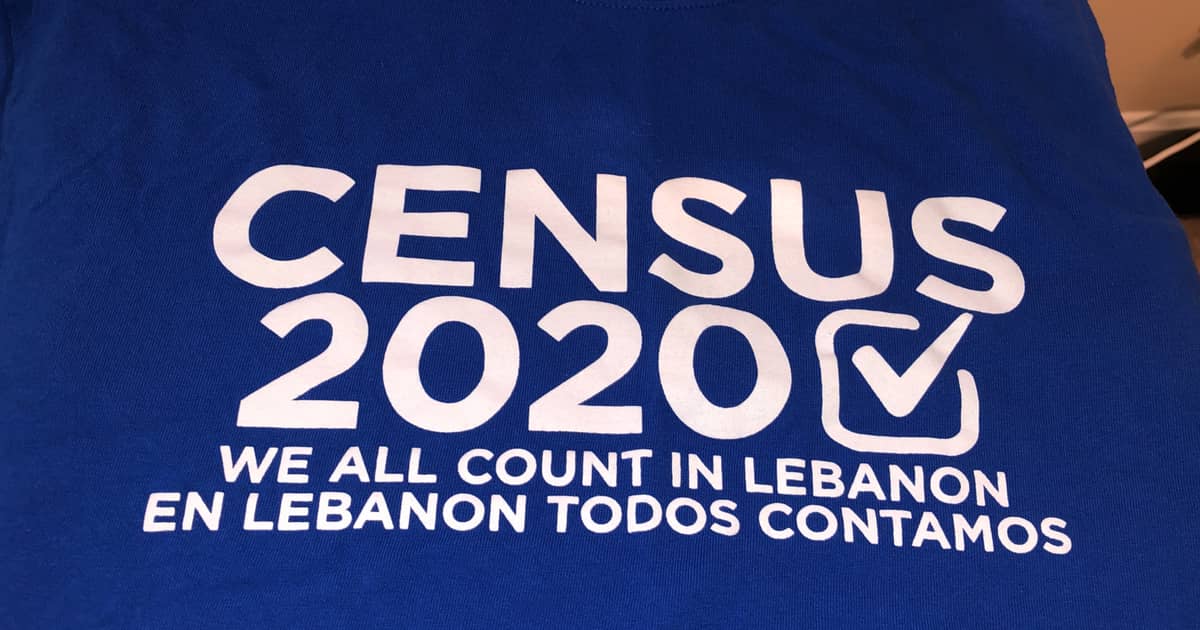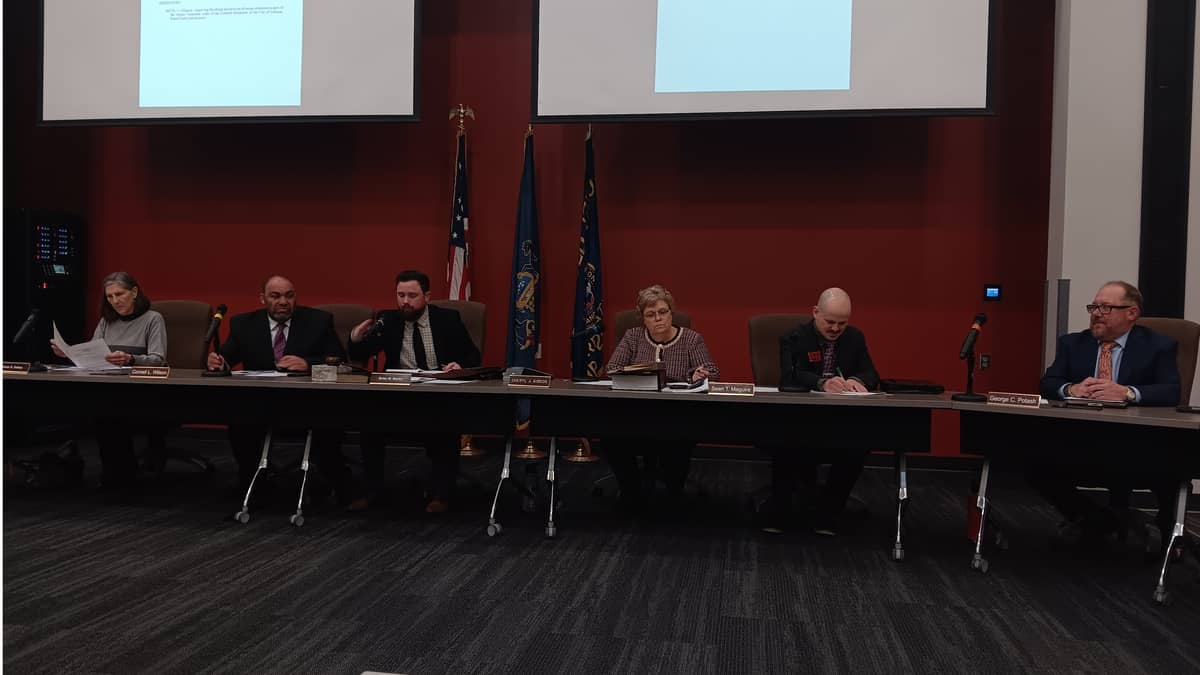As of Oct. 15, the U.S. Census has concluded. For the next decade, the gathered information will help allocate money for communities across the country.
Read More: 2020 U.S. Census basics: what, when, why, and plans for Lebanon County
One of the efforts helping ensure participation locally was “En Lebanon todos contamos,” a Lebanon City grassroots campaign formed by local Hispanic businesses and volunteers, mainly aimed at the often-undercounted Hispanic population.
Guadalupe Barba, leader of the non-profit Juntos de Lebanon and member of the campaign, said that “the invitation to work with the Census came from the City.”
Local businesses were very important: While people waited for a product or service, “they had the opportunity to read the information and start involving themselves in this process,” she explained.
“We worked very closely with the City, and the City representative Janelle Mendoff,” said Barba.
The approach was varied. Events, videos, radio ads, and even computer stations were used, among other strategies. The campaign informed why and how to fulfill this civic duty, speaking as fellow citizens rather than authorities.
“If we want this city to prosper in many ways, we need people to know how many of us are here,” said Barba. “It’s like being invited to a party and you order cake for 50, and 200 arrive.”
Addressing misinformation was also important. Barba recalls people not answering the Census due to thinking it would be long and arduous, that it was exclusively in-person, or due to immigration status concerns. The deadline changing a few times and being unclear on the direct impact in the community were some other obstacles. Barba, however, easily stated the bottom-line: “It only took 10 minutes to contribute to the city’s development for 10 years.”
With the COVID-19 emergency as a backdrop, everything was done according to health and safety regulations. “The time for the Census was exactly the most critical moment of the pandemic,” said Barba.
Barba describes the results as “very gratifying.” She said it was a community effort, and that they also had contact with people in English and even with the Arab population through a mosque. She also said she is “very grateful to everyone who helped.”
“The Hispanic population is growing, as well as its contributions, and we have to work together for the benefit of our city,” said Barba.
“I love Lebanon for many reasons. I want people to feel proud that they live here. I want my city to shine in Pennsylvania.”
Questions about this story? Suggestions for a future LebTown article? Reach our newsroom using this contact form and we’ll do our best to get back to you.

Support local journalism.
Cancel anytime.
Monthly Subscription
🌟 Annual Subscription
- Still no paywall!
- Fewer ads
- Exclusive events and emails
- All monthly benefits
- Most popular option
- Make a bigger impact
Already a member? Log in here to hide these messages
While other local news outlets are shrinking, LebTown is growing. Help us continue expanding our coverage of Lebanon County with a monthly or annual membership, or support our work with a one-time contribution. Every dollar goes directly toward local reporting. Cancel anytime.

























